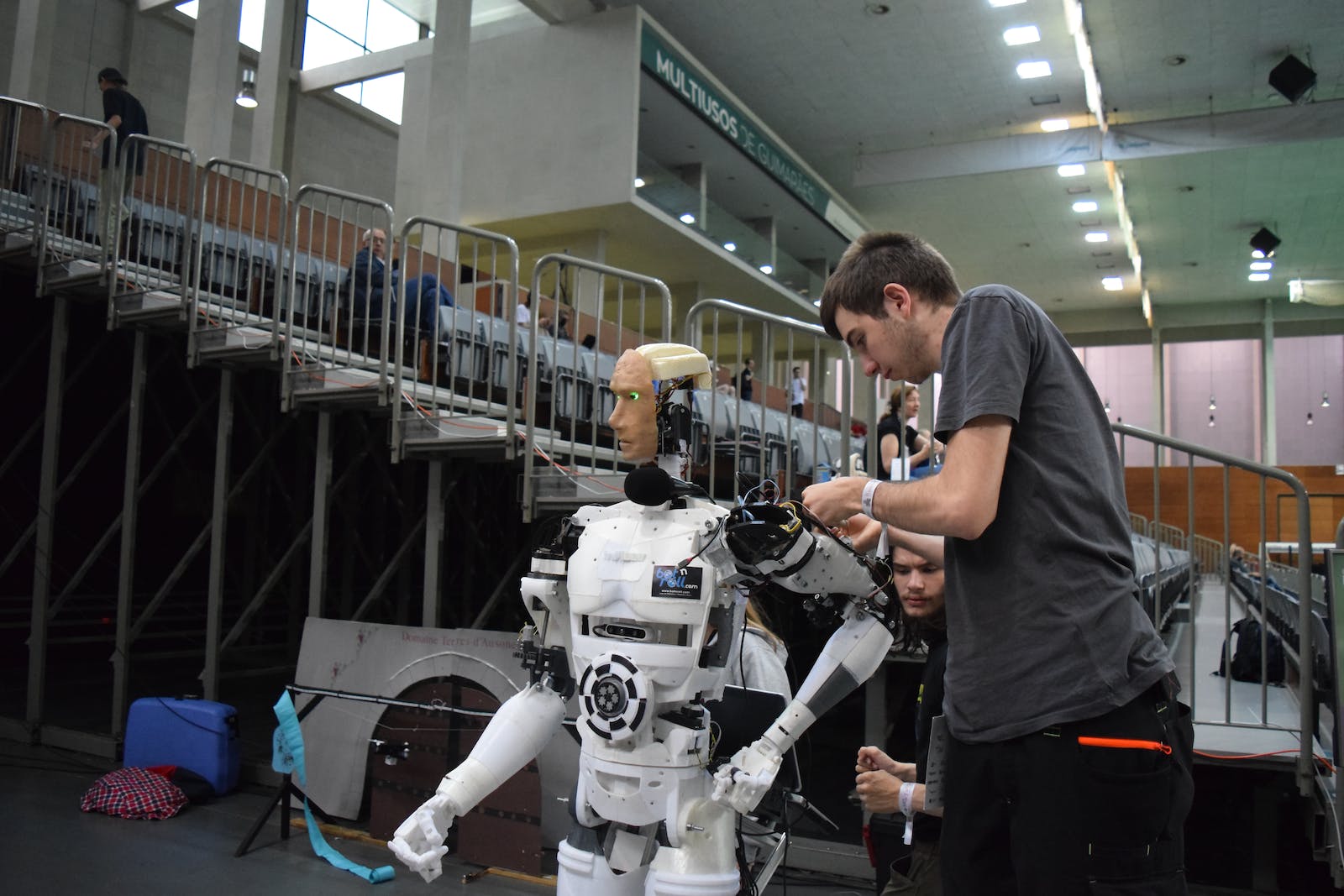Exploring the Impact of AI in Education
Unveiling the Pros and Cons of Implementing AI in Learning
Artificial Intelligence (AI) has revolutionized various industries, and education is no exception. The integration of AI in educational settings has been a topic of debate, with proponents highlighting its potential benefits and skeptics raising concerns about its drawbacks. As AI continues to transform the way we learn and teach, it is crucial to examine its impact from all perspectives. In this article, we will delve into the advantages and disadvantages of incorporating AI in education, shedding light on the opportunities and challenges that come with this transformative technology.
From personalized learning experiences to ethical considerations, the role of AI in education encompasses a wide spectrum of possibilities and controversies. By uncovering the pros and cons, we can better understand the implications of leveraging AI in the learning environment, allowing educators, policymakers, and stakeholders to make informed decisions about its implementation.
Pros
As AI continues to make its mark in the realm of education, it brings forth a multitude of advantages that have the potential to enhance the learning experience for students, educators, and institutions alike. Let's explore the positive impact of integrating AI in educational settings.
Personalized Learning Experiences
AI enables the customization of learning materials and pace to cater to individual student needs, allowing for personalized learning paths that can optimize student engagement and academic performance. This adaptive approach fosters a supportive and inclusive learning environment.
Efficient Administrative Tasks
AI streamlines administrative processes such as grading, scheduling, and resource management, freeing up educators' time to focus on more meaningful interactions with students. This efficiency can lead to improved productivity and a greater focus on teaching quality.
Enhanced Accessibility and Inclusivity
By leveraging AI-driven tools, educational resources can be made more accessible to students with diverse learning styles and needs. These technologies can facilitate language translation, audio feedback, and other accommodations, promoting an inclusive educational experience.
Improved Student Engagement
AI in education can help improve student engagement by providing interactive and personalized learning experiences. With AI-powered tools, educators can tailor content and learning materials to match students' individual needs and interests, making the learning process more engaging and meaningful.
Predictive Analytics for Intervention
One of the advantages of AI in education is its ability to use predictive analytics to identify students who may be at risk of falling behind or struggling academically. By analyzing patterns and behaviors, AI can help educators intervene early and provide targeted support to improve student outcomes.
Missing a pro?
Let us know which pro you are missing!
Cons
While the prospects of AI in education are promising, there are inherent challenges and concerns that warrant critical examination. It's crucial to acknowledge the potential pitfalls and ethical considerations associated with the integration of AI in learning environments.
Privacy and Data Security Risks
The collection and utilization of student data by AI systems raise privacy concerns and the risk of data breaches, necessitating robust measures to safeguard sensitive information and uphold ethical data practices in educational settings.
Overreliance on Technology
Over-reliance on AI systems may diminish the role of human educators and interpersonal interactions, potentially impacting the development of essential social and emotional skills among students. Balancing technology use with traditional teaching methods is essential to prevent overdependence on AI.
Ethical and Bias Issues in Algorithms
AI algorithms and tools can perpetuate biases and discrimination if not carefully designed and monitored. The ethical implications of AI decision-making in educational contexts, such as admissions processes and grading, require vigilant oversight to mitigate unfair biases.
Dependency on AI Systems
A potential disadvantage of AI in education is the dependency on AI systems for decision-making and learning processes. Overreliance on these systems may lead to a decrease in critical thinking and problem-solving skills among students, as well as a reduced reliance on human teachers and mentors.
Lack of Emotional Intelligence
An inherent disadvantage of AI in education is the lack of emotional intelligence exhibited by AI systems. While AI can support certain aspects of learning, it may not effectively understand or respond to students' emotional and social needs, which are vital for holistic development and learning.
Missing a con?
Let us know which con you are missing!
Conclusion
As the landscape of education continues to evolve alongside technological advancements, the integration of AI presents both opportunities and challenges that demand deliberate consideration. By acknowledging and addressing the advantages and disadvantages of AI in education, stakeholders can work towards harnessing its potential while safeguarding against its pitfalls, ultimately striving for an inclusive, ethically responsible, and effective learning environment.
What do you think?
Do you think the pros outweigh the cons?










